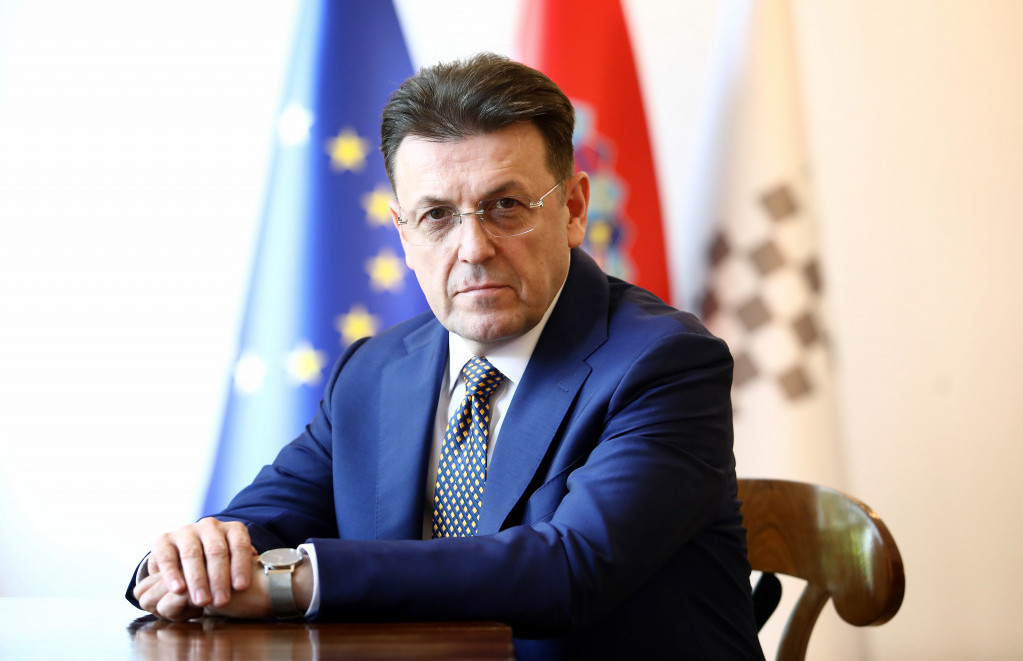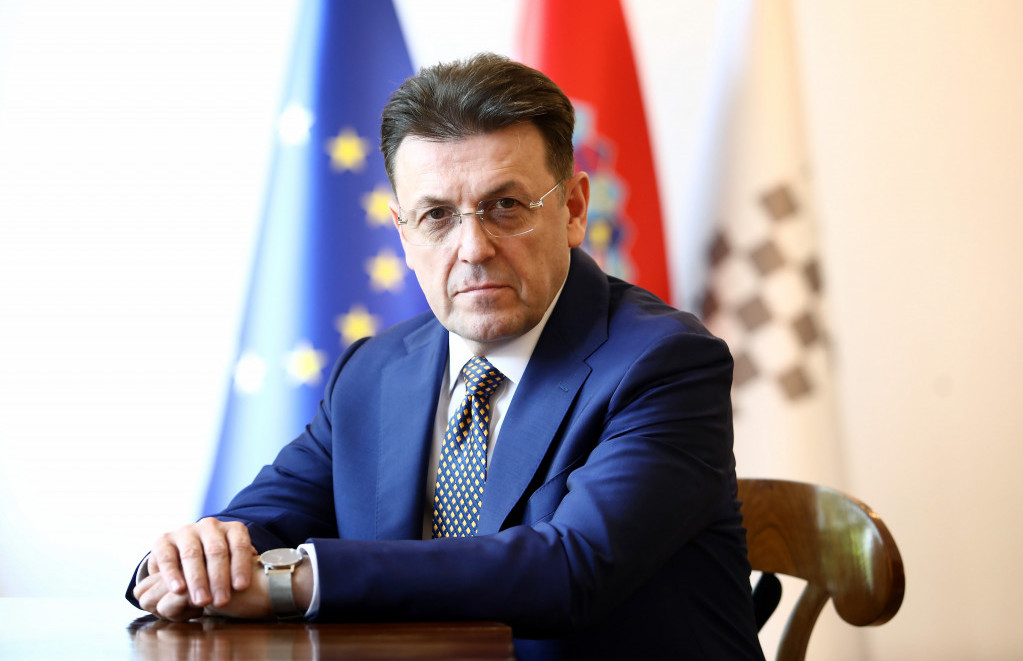Can you provide an overview of the Croatian Chamber of Economy's primary objectives and mission? How does the Chamber contribute to Croatia's economic development and business community?
In recent years, the Croatian Chamber of Economy (HGK) has undergone intensive reorganization based on digital transition through the Digital Chamber project and a strong market orientation, offering new products and services. Additionally, with a new development strategy, the Chamber strategically oriented itself towards five areas of interest for its members: sustainability, green and digital transition, internationalization of business, the future of the workforce, and food safety. One critical operational focus is sustainability and assisting companies in adapting to new regulatory and reporting standards. Last year, HGK launched the ESG Academy and a series of sectoral workshops with over 800 participants, while HGK introduced the first ESG rating this year. Besides, the Chamber consistently conducts various training and education, conferences, online seminars, and other programs from almost all industrial sectors, with over 20,000 participants annually. We aim to provide our members with targeted and relevant business information and services that meet entrepreneurs' specific needs. One of the highlighted individual services is the Construction Material Price Index, a direct response to members' needs due to disruptions in supply chains and rising construction material prices.
In what ways does the Croatian Chamber of Economy support and advocate for the interests of businesses in Croatia? Could you highlight some recent initiatives or programs that have been particularly successful in this regard?
HGK is active in advocating at both the national and European levels. To advocate for Croatian transportation and economic interests, HGK, through its Association of Ports and Shipowners, participated in revising the TEN-T network in collaboration with the European Parliament. With the new proposal for the TEN-T network, Croatia is now officially part of four European transport corridors, opening significant perspectives for all industries and services and possibly becoming a logistics centre for Central and South-eastern Europe in importing and exporting goods. In 2023, the Chamber was actively involved in advocating for the Proposal for a Regulation on Packaging and Packaging Waste, aligned with the green transition presented by the European Commission to reduce the negative impact of packaging waste on the environment. Given the demanding proposed changes, HGK established a Working Group to formulate the Position of the Republic of Croatia to help inform members and represent their interests in shaping the regulation. Members generally support the regulation but express concerns that some proposed measures could jeopardize their business. Therefore, state authorities and EU professional associations initiated a series of activities to replace specific provisions with solutions satisfactory to all stakeholders.
The business environment is constantly evolving. How does the Chamber stay adaptable and responsive to the changing needs and challenges faced by Croatian businesses? Are there any upcoming initiatives or plans in this regard for the year 2024?
Challenges such as energy and raw material procurement, labour costs, and inflationary pressures will characterize 2024. However, one of the key themes in Croatia is the workforce issue. The labour market is undergoing changes, and increased employment of workers from Asia and other Eastern countries reflects the global nature of this trend, which has not bypassed Croatia. Croatia lacks a qualified workforce, and the need to integrate foreign workers into Croatian society is increasingly apparent, along with comprehensive measures to make Croatia an attractive destination for potential workers. HGK has recognized this challenge and, in collaboration with the Ministry of Labour and the Croatian Employment Service, initiated a project to present the Croatian labour market in potential labour markets. The goal is to convey that Croatia is open and ready to accept new workers, presenting it as an attractive destination for immigrants. In the coming period, HGK will take an active role in this complex process because the labour shortage and the need for immigration policy mean a certain change in the population structure, bringing inevitable social changes. Considering Croatia's history as a traditional emigrant country, the new immigration trend can be challenging and requires careful consideration and adequate solutions.
Collaboration with international partners and organizations can be crucial for the success of a chamber of commerce. Can you elaborate on the Chamber's international connections and activities and how they benefit Croatian businesses looking to expand into global markets or seek international opportunities?
In addition to seven foreign representative offices, HGK is active in the European Chamber Association, Eurochambers, and the International Chamber of Commerce. HGK associations and communities are members of 34 European associations through which we achieve our set goals. Internationalization of business is one of the critical areas of HGK's work because members increasingly enter third markets and expand their businesses. It is one of the more visible benefits of our ten-year EU membership and recent entry into the eurozone and the Schengen area. When we joined the European Union ten years ago, the main challenge for businesses was survival and competitiveness in the European market. We gradually increased competitiveness and exports to the EU, so today, the biggest challenge is market placement in third markets, where HGK's network of contacts in European and international associations can significantly contribute. For example, just last year, we organized about 30 business delegations with around 400 members participating. Through trade fairs in Croatia, we provided support for over 470 members.












.png)